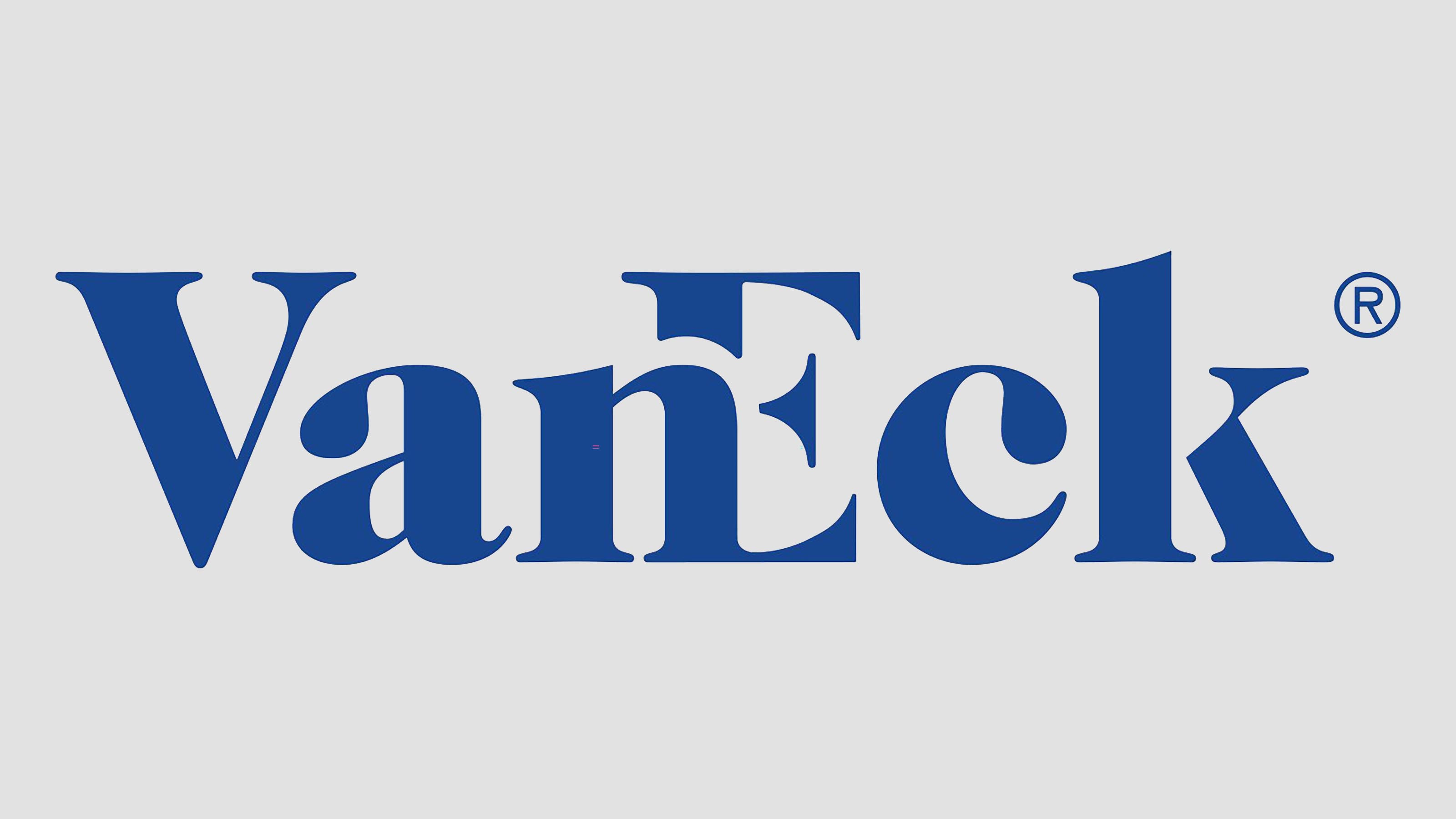3 Online Retail ETFs for Your Holiday Shopping List
Online spending's share of holiday retail sales might take a small step back in 2021, but for these three retail ETFs, the long-term trend is still their friend.

Profit and prosper with the best of Kiplinger's advice on investing, taxes, retirement, personal finance and much more. Delivered daily. Enter your email in the box and click Sign Me Up.
You are now subscribed
Your newsletter sign-up was successful
Want to add more newsletters?

Delivered daily
Kiplinger Today
Profit and prosper with the best of Kiplinger's advice on investing, taxes, retirement, personal finance and much more delivered daily. Smart money moves start here.

Sent five days a week
Kiplinger A Step Ahead
Get practical help to make better financial decisions in your everyday life, from spending to savings on top deals.

Delivered daily
Kiplinger Closing Bell
Get today's biggest financial and investing headlines delivered to your inbox every day the U.S. stock market is open.

Sent twice a week
Kiplinger Adviser Intel
Financial pros across the country share best practices and fresh tactics to preserve and grow your wealth.

Delivered weekly
Kiplinger Tax Tips
Trim your federal and state tax bills with practical tax-planning and tax-cutting strategies.

Sent twice a week
Kiplinger Retirement Tips
Your twice-a-week guide to planning and enjoying a financially secure and richly rewarding retirement

Sent bimonthly.
Kiplinger Adviser Angle
Insights for advisers, wealth managers and other financial professionals.

Sent twice a week
Kiplinger Investing Weekly
Your twice-a-week roundup of promising stocks, funds, companies and industries you should consider, ones you should avoid, and why.

Sent weekly for six weeks
Kiplinger Invest for Retirement
Your step-by-step six-part series on how to invest for retirement, from devising a successful strategy to exactly which investments to choose.
The smell of pumpkin spice is giving way to peppermint. Mariah Carey is getting a spike in her residual checks. Advertisements for Chia Pets are returning to the airwaves.
The holiday season shopping spree has officially begun – and that could be good news for a host of investments, including online retail exchange-traded funds (ETFs).
This year promises to be a bit different than the Black Fridays of yore. The way people shop has been fundamentally changing for years – from physical to digital – but the COVID-19 pandemic was rocket fuel for e-commerce.
We already got a taste of that during the 2020 holiday season, and while Americans won't face nearly the same COVID restrictions they did last year, e-commerce is still expected to play a huge role in late 2021's retail push.
A Deloitte survey shows that Americans plan on spending 62% of their holiday budget online, versus 33% in store (with the remaining 5% being spent via direct mail, catalog and other sources). While that figure is slightly down from last year's record 64%, it's still a clear majority and the second-largest figure ever.
That's great news for owners of e-commerce stocks. And better still for prospective new buyers: Many shares in the industry sit at relatively attractive valuations.
"While Internet & Direct Marketing retailers have historically traded at a premium P/E multiple to the broader consumer discretionary sector, the premium was recently below the historic average, creating a potential buying opportunity using ETFs," says Todd Rosenbluth, Head of ETF & Mutual Fund Research at independent research outfit CFRA.
Here, we look at three online retail ETFs worthy of a closer look, especially as the holiday season approaches. Each represents a different way to slice and dice the industry.
Data is as of Nov. 15.

Amplify Online Retail ETF
- Assets under management: $905.5 million
- Expenses: 0.65%, or $65 annually for every $10,000 invested
The Amplify Online Retail ETF (IBUY, $112.99) is the oldest and largest pure-play ETF covering the e-commerce world. It owns a basket of firms that derive "significant revenue from online and virtual retail sales." In this case, "significant" means that to be included in IBUY's underlying index, a company must generate 70% or more of their revenue from online sources.
IBUY must hold at least 75% of its assets in U.S.-based companies, and that's the case currently, with the remaining 25% invested in stocks from Germany (5.5%), China (4.6%) and the U.K. (3.9%), among others.
Holdings are equally weighted within their geographical pools, and the index is rebalanced semi-annually. Thus, $1.8 trillion Amazon.com (AMZN) – which has a massive presence in market capitalization-weighted retail ETFs – only makes up 1.7% of IBUY's assets at the moment, well outside the top 10. That gives smaller outfits, such as mid-caps BigCommerce Holdings (BIGC) and The RealReal (REAL), just as much opportunity to make an impact on returns.
That's great for investors, because it provides them with more exposure to potentially faster-growing firms in e-commerce. It's much more difficult to move a big ship, such as Amazon and its $386 billion-plus in annual revenues, than it is to move the needle on smaller online retail companies.
This focus on large and little players alike seems a key to its success. IBUY has delivered a total return (price plus dividends) of 350% since inception in April 2016, versus 173% for the consumer discretionary sector and 148% for the S&P 500.
Perhaps the only strike against Amplify's fund is its cost. A few years ago, we might not have batted an eye at a 0.65% fee, but given that it's now common to see thematic ETFs charge 0.40% or less, IBUY seems a touch on the expensive side. However, given its returns, as well as a five-star rating from CFRA's forward-looking analysis methods, the price is justifiable.

ProShares Online Retail ETF
- Assets under management: $890.8 million
- Expenses: 0.58%
Of course, there's something to be said for owning a lot of Amazon.com. The firm's massive size and scope has allowed Amazon to keep on growing by simply plopping into new categories and often dominating thanks to sheer resources.
If you agree, you'll probably enjoy CFRA five-star rated ProShares Online Retail ETF (ONLN, $71.32), too.
ONLN focuses on global retailers that "principally sell online or through other non-store channels," which is similar to IBUY's focus. However, while IBUY is equally weighted, ONLN has a modified market cap-weighted approach to construction. In other words, the biggest firms – names like Amazon, Alibaba (BABA) and eBay (EBAY), among others – get the largest weights.
"CFRA has qualitative analytical STARS coverage of 11 global companies within the Internet & Direct Marketing Retail sub-industry, spread across four Buys, six Holds and one Strong Sell," Rosenbluth says. "AMZN and EBAY, which are the two Buy-recommended companies domiciled in the U.S, are the first- and third-largest positions in ONLN, representing a combined 29% of assets."
That's not necessarily a bad thing. For instance, CFRA expects Amazon to continue growing its e-commerce market share and its AWS cloud business, and believes that while some might have written EBAY off, "we see a place for multiple major third-party seller platforms and view EBAY's strong position in unique and secondhand goods, along with its iconic brand, as a foundation for a potentially greater, longer-duration return to growth."
It should be noted, however, that the ProShares Online Retail ETF's more conservative, large-cap focus can weigh on its returns. ONLN's three-year average annual return sits at 30.2% – 6.4 percentage points less than Amplify's IBUY. Fees also are a little pricey, too, though at 0.58% annually, they're cheaper than IBUY.

VanEck Retail ETF (RTH)
- Assets under management: $245.8 million
- Expenses: 0.35%
Our third option isn't what you'd typically consider an online retail ETF.
The VanEck Retail ETF (RTH, $193.18) is a fund that's full of brick-and-mortar dinosaurs. Just look at the top holdings: Walmart (WMT), Target (TGT), Home Depot (HD) and Best Buy (BBY) are a who's who of big-box retail.
Here's why RTH is nonetheless a good play on the growth of online spending:
For one, the aforementioned firms – and most of RTH's other holdings, for that matter – have survived the Amazonpocalypse by building out impressive omnichannel (physical plus digital) operations that evolved further during the pandemic. Walmart, for instance, is still a gusher of digital growth, with online sales jumping 79% year-over-year in the fiscal year ended Jan. 31, 2021.
Also, RTH holds a few primarily online plays. Most noteworthy among them is – surprise, surprise – Amazon.com, which makes up nearly 19% of assets. China's JD.com (JD) and U.S. online home-goods store Wayfair (W) combine for another 5%.
Because of their mandates, the major online retail ETFs don't include many classic brick-and-mortar chains that have figured out how to navigate the new shopping environment. That's a real shame, because they're leaving several attractive holdings on the table.
By using RTH in conjunction with an ONLN or IBUY, investors can hold much more of the entire online retail pie, from up-and-comers to established digital names to omnichannel success stories.
And at 0.35%, there are no gripes about cost.
Profit and prosper with the best of Kiplinger's advice on investing, taxes, retirement, personal finance and much more. Delivered daily. Enter your email in the box and click Sign Me Up.
-
 Dow Leads in Mixed Session on Amgen Earnings: Stock Market Today
Dow Leads in Mixed Session on Amgen Earnings: Stock Market TodayThe rest of Wall Street struggled as Advanced Micro Devices earnings caused a chip-stock sell-off.
-
 How to Watch the 2026 Winter Olympics Without Overpaying
How to Watch the 2026 Winter Olympics Without OverpayingHere’s how to stream the 2026 Winter Olympics live, including low-cost viewing options, Peacock access and ways to catch your favorite athletes and events from anywhere.
-
 Here’s How to Stream the Super Bowl for Less
Here’s How to Stream the Super Bowl for LessWe'll show you the least expensive ways to stream football's biggest event.
-
 The 24 Cheapest Places To Retire in the US
The 24 Cheapest Places To Retire in the USWhen you're trying to balance a fixed income with an enjoyable retirement, the cost of living is a crucial factor to consider. Is your city the best?
-
 5 Stocks to Sell or Avoid Now
5 Stocks to Sell or Avoid Nowstocks to sell In a difficult market like this, weak positions can get even weaker. Wall Street analysts believe these five stocks should be near the front of your sell list.
-
 Best Stocks for Rising Interest Rates
Best Stocks for Rising Interest Ratesstocks The Federal Reserve has been aggressive in its rate hiking, and there's a chance it's not done yet. Here are eight of the best stocks for rising interest rates.
-
 The Five Safest Vanguard Funds to Own in a Volatile Market
The Five Safest Vanguard Funds to Own in a Volatile Marketrecession The safest Vanguard funds can help prepare investors for market tumult but without high fees.
-
 The 5 Best Inflation-Proof Stocks
The 5 Best Inflation-Proof Stocksstocks Higher prices have been a major headache for investors, but these best inflation-proof stocks could help ease the impact.
-
 5 of the Best Preferred Stock ETFs for High and Stable Dividends
5 of the Best Preferred Stock ETFs for High and Stable DividendsETFs The best preferred stock ETFs allow you to reduce your risk by investing in baskets of preferred stocks.
-
 What Happens When the Retirement Honeymoon Phase Is Over?
What Happens When the Retirement Honeymoon Phase Is Over?In the early days, all is fun and exciting, but after a while, it may seem to some like they’ve lost as much as they’ve gained. What then?
-
 5 Top-Rated Housing Stocks With Long-Term Growth Potential
5 Top-Rated Housing Stocks With Long-Term Growth Potentialstocks Housing stocks have struggled as a red-hot market cools, but these Buy-rated picks could be worth a closer look.
